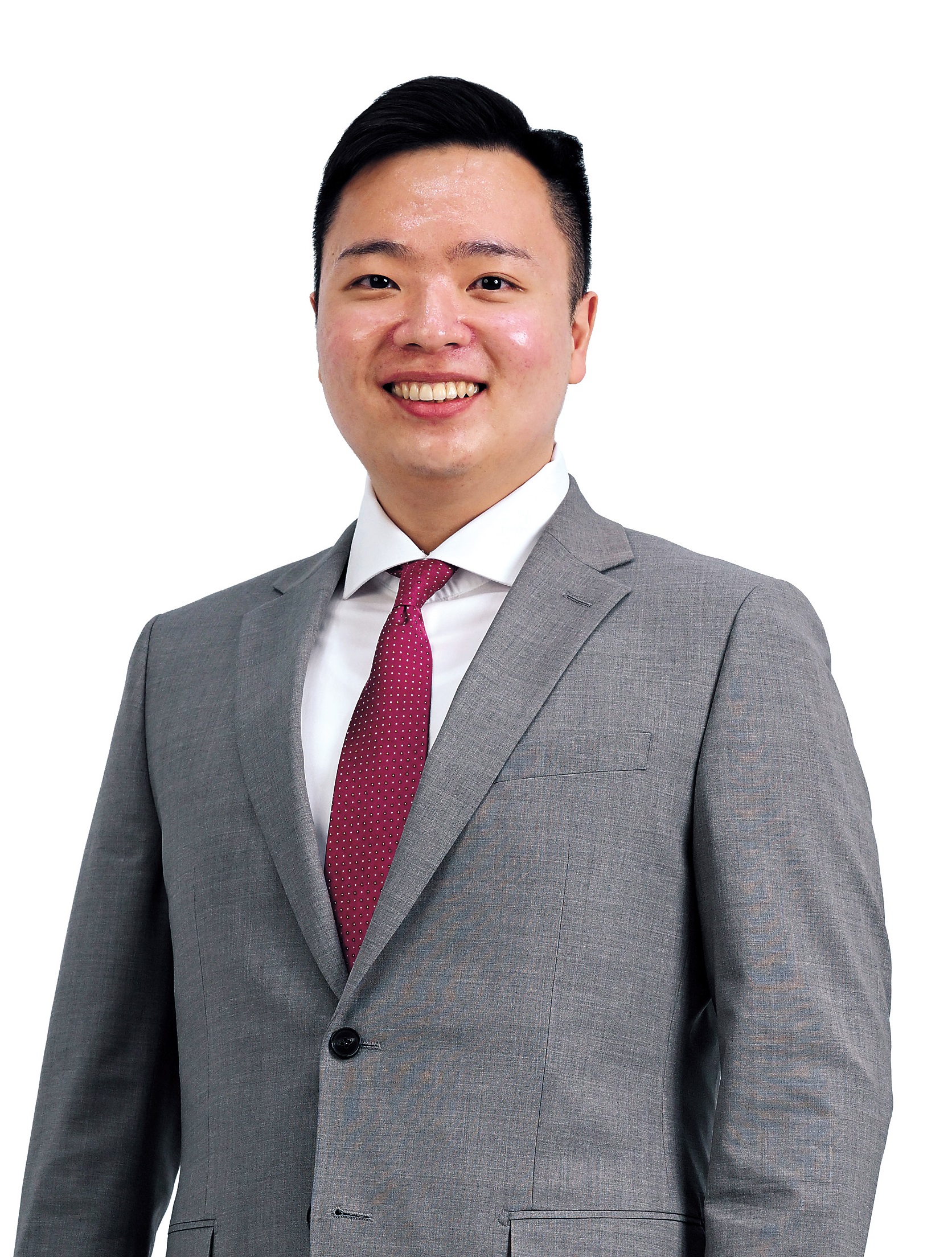[Newsmaker] Ex-intel commander appears key to alleged martial law plan
Three-star commander denies accusations, but testimony, evidence cast doubt
By Hwang Joo-young
Published : Dec. 11, 2024 - 14:24

Three-star Army general Yeo In-hyung, former chief of the Defense Counterintelligence Command, is facing growing scrutiny over allegations he played a key role in facilitating the recent martial law declaration.
Yeo has denied the accusations, claiming the DCC was unaware of the plans.
However, emerging testimony and evidence cast doubt on Yeo’s claims, raising questions about his involvement in President Yoon Suk Yeol's controversial martial law declaration.
Contradicting stories
In an interview with local daily Dong-a Ilbo, Yeo stated he was on leave on Dec. 1 and 2, and spent Dec. 3 working late into the night, suggesting he was not involved.
He claimed to have learned about the martial law declaration through television when Yoon announced it at around 10:23 p.m.
Meanwhile, testimony suggested that he was aware of the martial law plans and may have acted on them even before the martial law decree was officially published.
During a National Defense Committee hearing on Tuesday, Maj. Gen. Lee Kyung-min, DCC's chief of staff, testified that Yeo had instructed senior DCC officials to be on standby as early as Dec. 1, citing possible provocations from North Korea.
“The further directive I received on the morning of Dec. 3, stated that the situation involving North Korean balloons was serious, and all personnel were to maintain readiness,” Lee said.
According to CCTV footage from the National Election Commission, martial law forces arrived at the commission’s Gwacheon, Gyeonggi Province, headquarters at 10:33 p.m., with additional police forces arriving between 11:09-15 p.m., less than an hour before the declaration was made. Yet, it remains unclear who ordered the deployment of the martial law troops to the NEC.
At a separate parliamentary hearing held on Dec. 5, Cho Ji-ho, commissioner general of the Korean National Police Agency, testified that Yeo called him between 10:30-40 p.m. on Dec. 3, shortly after Yoon’s televised declaration of martial law.
Cho said that during the phone call, Yeo requested details on the locations of key political figures and asked for investigative officers to support a potential joint command center with the martial law command.
Such a phone call was made even before Army Chief of Staff Park An-su was named a martial law commander at 11:23 p.m.
More testimony from generals within the DCC underscores Yeo's active involvement in the martial law plan.
During the same defense hearing Tuesday, Brig. Gen. Jeong Seong-woo, 1st director of the DCC, testified that on Dec. 3 after the declaration was made, Yeo verbally directed him to deploy personnel to secure servers in the data room at the NEC’s Gwacheon headquarters. The timeline of such an order was not revealed.
Rear Adm. Kim Dae-woo, the DCC's investigative commander, also testified that Yeo issued orders concerning detention facilities and arrests. "Initially, I was instructed to verify whether detention facilities were available within the B1 bunker," Kim explained.
The B1 bunker is a command and control facility under the Army Capital Defense Command, a key military installation that functions as the de facto wartime command center during emergencies.
Moreover, Yeo allegedly contributed to the structural and theoretical planning of the martial law declaration.
Earlier on Sunday, Rep. Choo Mi-ae of the Democratic Party said she had found documents designed for the Dec. 3 martial law declaration, purportedly prepared under Yeo’s orders in November.
The documents outlined legal procedures for declaring martial law, the structure of a martial law command, and plans for establishing a joint investigative body. Choo claimed the documents were "drafted by the DCC’s secretariat and approved by Yeo himself."
The materials included provisions for overriding parliamentary demands to lift martial law and proposed appointing individual military service chiefs rather than the JCS chief as the martial law commander.
Yoon, Kim ties
Yeo’s position as DCC chief has been controversial since he was first named to the post.
Despite his expertise in operational planning rather than counterintelligence, Yeo was promoted to lieutenant general and appointed DCC commander in November last year, fueling speculation that his expertise was not sufficient for the job.
The DCC, a unit under the Ministry of National Defense, oversees military counterintelligence and security. After its predecessor was disbanded under the liberal Moon Jae-in government in 2018, it was restored under the Yoon administration with the current name in November 2022.
Much speculation centers on Yeo's ties with Kim and Yoon. Both Yeo and Kim are graduates of the Korea Military Academy, and Yeo also attended Choongam High School in Seoul, the same school as Yoon and Kim. At the time of Yeo’s promotion, Kim was serving as the Presidential Security Service chief.
Yeo, 55, is nine years Yoon’s junior and 10 years Kim’s junior.
The three-star general was suspended from his role as DCC commander Friday over allegations of his involvement in the martial law declaration.


















![[Today’s K-pop] BTS' Jimin extends record streak on Billboard Hot 100](http://res.heraldm.com/phpwas/restmb_idxmake.php?idx=642&simg=/content/image/2024/12/11/20241211050082_0.jpg&u=20241211173247)